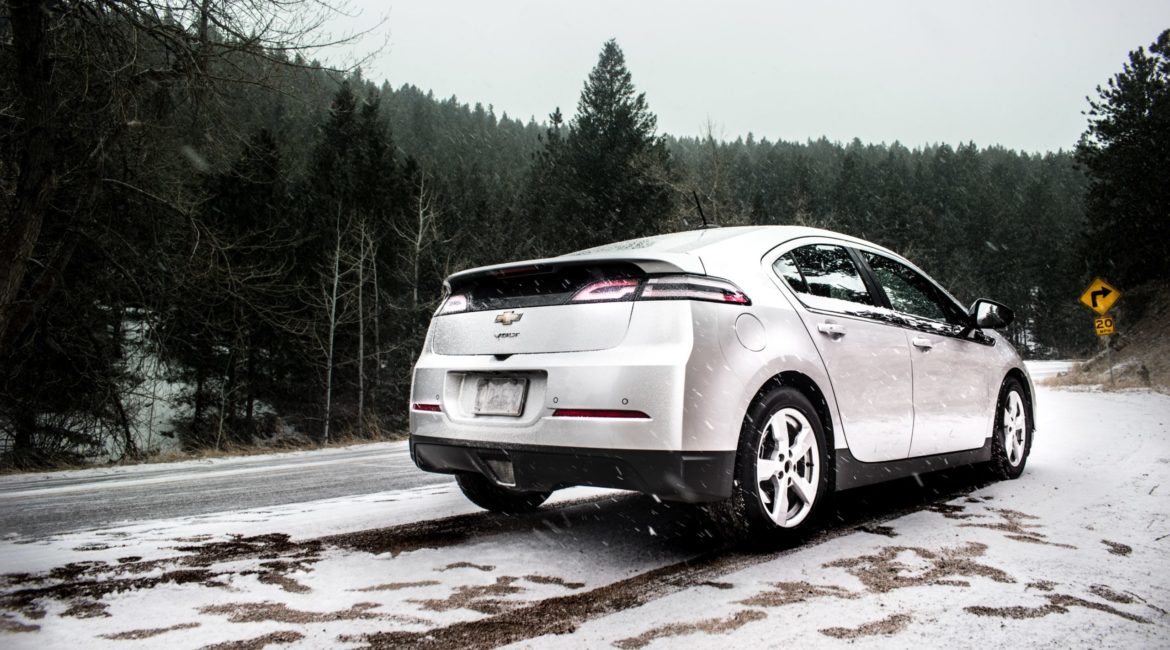GM wants your Chevy to have the most reliable replacement parts. Nearly every car manufacturer releases “Position Statements” that instruct body shops in how to perform repairs on their vehicles to the highest standard. While all body shops should have access to this vital information, not all shops take the...
Category: Chevrolet Owners
GM Says It’s Dangerous to Use Salvage Structural Parts on Your Chevrolet—Here’s Why You Should Care
Preserve the structural integrity of your Chevy by using only the best replacement parts. When you take your Chevy to a body shop for collision repair, of course you’re going to want the job to be done as safely, efficiently, and cost-effectively as possible. At our shop, one of the...
Why GM Rejects Reconditioned Wheels and How This Affects Your Chevrolet Repair
Wheel reconditioning is never a good idea in collision repair. Nearly every car manufacturer releases Position Statements explaining what methods of auto body repair they do or do not recommend. While some shops disregard these statements, we take a fine-tooth comb to the information they provide so that we can...
Why Chevrolet Only Approves New Genuine GM Parts for Use with Advanced Driver Assistance Systems and Why You Should Care
Your Chevrolet's ADAS requires new OEM replacement parts in order to function as intended by GM. When you take your Chevy to a shop for repairs, it’s imperative that the shop follows the guidelines specified in General Motors’ Position Statement. Every shop has access to this information, but not...




